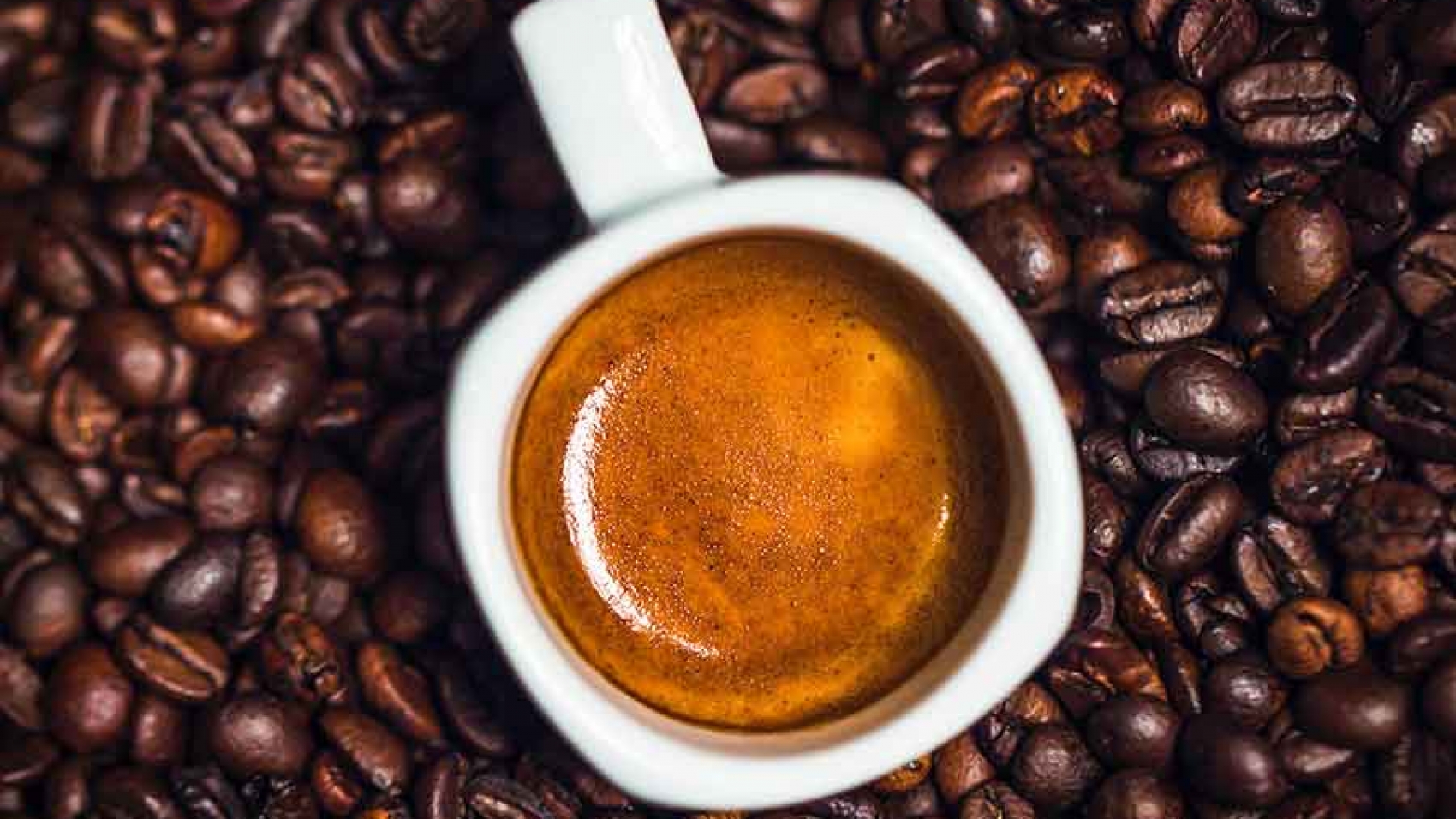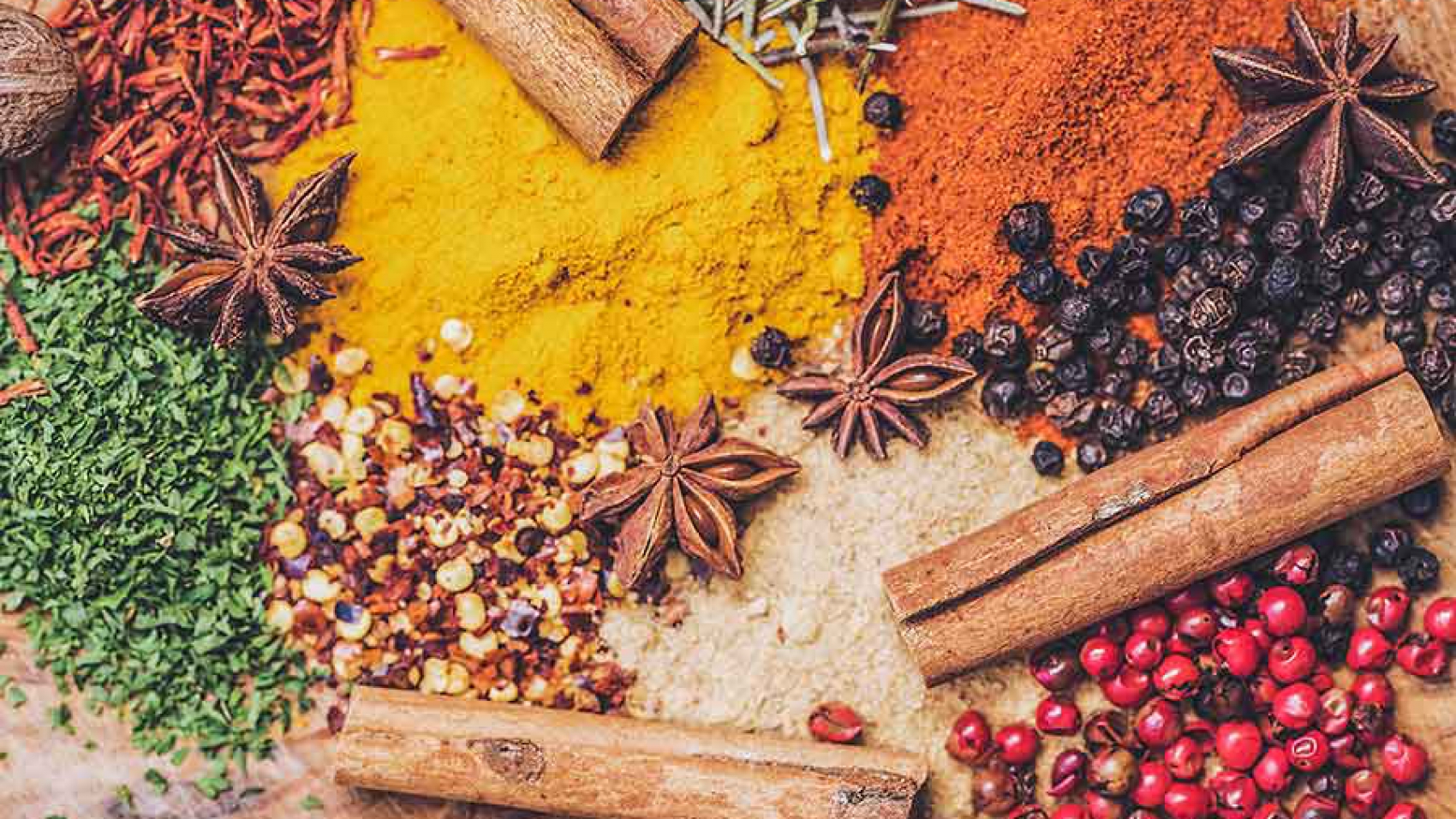Intuitive Eating 101
Intuitive Eating (IE) heals your relationship with food by teaching you to listen and trust your body cues, particularly hunger, fullness and satisfaction.
Shackled to a Failed Diet Culture
We are shackled to a culture of dieting and weight loss. Nutrition advice and fat diets are ubiquitous. Research indicates that women internalize the importance of restricting food as young as age 5! 75% of women participate in chronic dieting or disordered eating behavior.
Every day there is a new diet or fad that promises to make you healthier and smarter, improve your mood, and help you lose weight. Yet, we know that diets and fads do not work. Research shows that roughly 80% of people who shed a significant portion of their body fat will not maintain that degree of weight loss for 12 months; and, according to one meta-analysis of intervention studies, dieters regain, on average, more than half of what they lose within two years.
We know that while it’s hard to lose weight, it’s even harder to keep it off!
What is Intuitive Eating?
Intuitive Eating is not a diet. There are no food restrictions, calorie counting, or portion measuring. IE is about learning to trust to your body and identifying your hunger, fullness and satisfaction cues. It is about breaking free of the control food has over you, and letting go of shame and guilt around eating.
Intuitive Eating is about savoring the pleasure and joy in food, while finding and maintaining a healthy weight.
Intuitive Eating Benefits
Healing your relationship with food has many benefits, including:
- Deriving pleasure from food, and freeing yourself from its control
- Improved health
- Better body image and self esteem
- Achieving and maintaining a healthy weight
- Improved metabolism
- More joy and satisfaction
10 Principles of Intuitive Eating
- Reject the set mentality.
- Honor your hunger.
- Make peace with food.
- Challenge the food police.
- Respect your fullness.
- Discover the satisfaction factor.
- Cope with your emotions.
- Respect your body.
- Move.
- Honor your health with gentle nutrition.
Who is IE for?
Everyone. But ...
You may not yet be psychologically ready for this change, or you may need to correct other physical imbalances.
Imbalances that may need to be addressed include:
- Gut flora. Your body contains trillions of bacteria, the majority located in your intestines. Your microbial mix is determined by age, diet, environment, genes, and medications. Your gut microbiota metabolizes nutrients from food and certain medications, serves as a protective barrier against intestinal infections, and produces vitamin K. They affect how foods are digested and produce chemicals that help make you feel full. Thus, they affect hunger - fullness signals, and may cause weight gain.
- Liver function. Your liver filters your blood, digests fats, proteins and carbohydrates, and produces bile and other enzymes. Toxins, chemicals, preservatives, pesticides, prescription drugs, heavy metals and bad diet choices disrupt metabolic pathways and overburden the liver. An overloaded liver causes ineffective digestion and fat breakdown, and leads to weight gain or weight loss resistance, as well as fatigue and other serious health issues.
- Hormones. Hormonal imbalance may cause weight gain, or at least weight loss resistance. Hormones affecting weight gain include excess cortisol, insulin and/or leptin blockage, estrogen dominance, a sluggish thyroid, and low testosterone.
It is important to work with a qualified nutritional professional in order to address these imbalances before, or at least in parallel to, starting your IE journey. Otherwise, you may be sabotaging your efforts.
Are you struggling with gut, liver or hormonal issues? Contact me to learn how I can help you resolve these.
IE May Be Scary
To some, IE may be very scary. The very idea of not being on a diet, and being free around food may be frightening. You may not be ready to listen to your body. In fact, you may be terrified to listen to your body cues, especially those around hunger, fullness and satisfaction.
You may not be psychologically ready to change, and to do the work necessary to heal your relationship with food. You may also have physical imbalances, such as liver issues, flora or hormonal imbalances, that can difficult intuitive eating. These imbalances need to addressed first, or at least in parallel, to an intuitive eating program.
My Approach to Intuitive Eating
My approach expands on Intuitive Eating. It sets up a structural framework on which IE can rest. It also explores and corrects imbalances that may interfere with body cues.
Intuitive Eating is a journey, and its is important to have a structural compass and avoid pitfalls. It may be very helpful to work with an experienced professional to heal your relationship with food.
Contact me to learn more about my approach to heal your relationship with food.
You are worth it!











